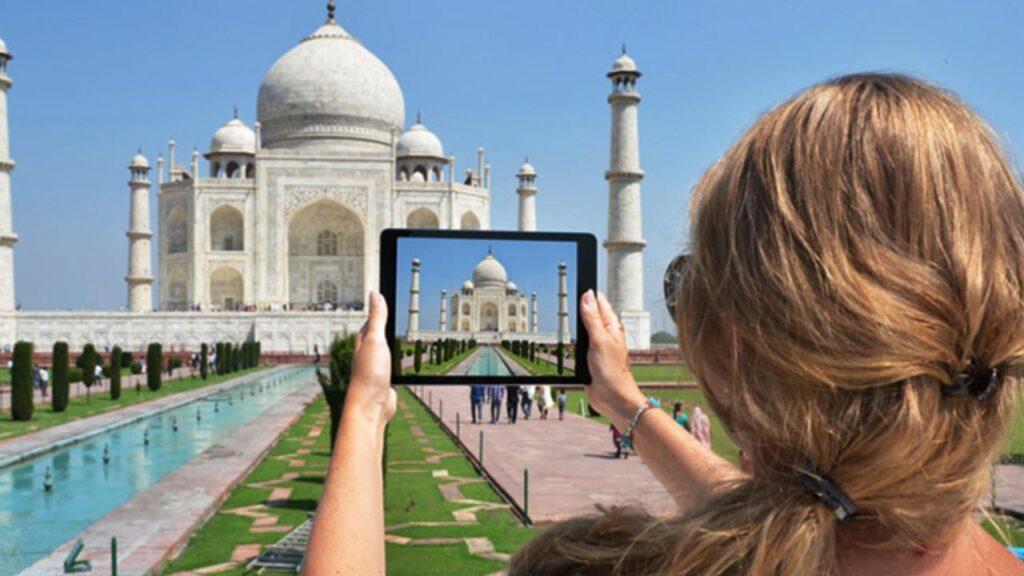The Federation of Hotel & Restaurant Associations of India (FHRAI) serves as a vital conduit for the hospitality industry, fostering connections between various stakeholders, including political leaders, academics, international associations, and industry players in the hospitality and tourism sectors. Through its commitment to progress, FHRAI engages in a multifaceted approach, encompassing education, training, research, and the facilitation of annual conventions. These activities serve to enhance dialogue and collaboration between the industry and governmental bodies, ensuring a conducive environment for growth and development.
In an exclusive conversation with The Interview World, Jaison Chacko, Secretary General of FHRAI, elaborated on the organization’s contributions to the advancement and promotion of the hotel industry. He emphasized FHRAI’s pivotal role in driving industry growth and discussed the profound impact of tourism on employment opportunities and economic prosperity. Additionally, Chacko shed light on the exceptional standards of Indian hospitality, highlighting its unique qualities and competitive edge in the global market. His insights provide valuable perspectives on the significant role FHRAI plays in shaping the future of the hospitality and tourism sector.
Q: How is the Federation of Hotel & Restaurant Associations of India contributing to the advancement and promotion of the hotel industry within the country?
A: The Federation of Hotel Industry Association of India is the foremost representative body, encompassing 50,000 hotels and 5 lakh restaurants nationwide. With a legacy of 68 years, we have played a pivotal role in fostering and advancing the tourism and hospitality sector. Our prominence as the largest association in the hospitality domain underscores our commitment to driving growth and development in the industry.
Serving as the crucial liaison between the industry and all stakeholders, including the economy, we undertake policy advocacy and advocate industry issues with the appropriate stakeholders. Through strategic engagement, we ensure the industry’s concerns are effectively communicated and addressed. Our unwavering dedication lies in being a true representative of the industry, striving to resolve the myriad challenges faced by businesses in their day-to-day operations.
Q: How are you diversifying your offerings to support the hotel industry?
A: In addition to the previously outlined activities, our organization focuses on bolstering member capacity through a range of initiatives, including training seminars, information dissemination, and comprehensive capacity-building programs. Serving as a conduit, we empower our members to navigate the global landscape with confidence, enhancing their competitiveness. The tourism sector, renowned for its dynamic and vibrant nature, emerges as a pivotal engine for economic growth in any nation. Its far-reaching impacts extend beyond mere financial gains, playing a significant role in generating employment opportunities and fostering socio-economic development, thereby positioning it as a cornerstone of the country’s overall economic framework.
Q: How might the tourism industry evolve over the next 5 to 10 years, and what impact could this evolution have on employment opportunities within the industry?
A: The government, in tandem with the industry, has set its sights on transforming the tourism sector into a $3 trillion economy by 2047, anticipating a staggering 100 million foreign visitors. This ambitious vision underscores the immense potential of tourism as a catalyst for job creation. As the sector burgeons into a $3 trillion powerhouse and attracts millions of international tourists, the ripple effects extend far beyond its immediate boundaries.
Indeed, the growth of tourism isn’t confined to direct services or employment opportunities; it reverberates across allied sectors such as agriculture, poultry, and various others. These sectors find themselves intertwined with tourism, benefiting from its expansion and contributing to its success. Consequently, the trajectory of tourism’s growth isn’t merely a boon for direct beneficiaries and the economy at large but also serves as a lifeline for these interconnected industries, fostering a symbiotic relationship that fuels economic prosperity on multiple fronts.
Q: How does the current state of the Indian hospitality industry measure up in terms of overall quality?
A: On a global scale, we uphold impeccable standards, ensuring parity with any global economy or nation. Continually reskilling and adapting, we diligently revise our methods to meet the highest benchmarks. Our commitment to serving a global community remains unwavering, a principle ingrained since our inception. Through ongoing refinement, we aim to perpetually elevate our standards, embracing change as an opportunity for improvement. With each adjustment and enhancement, we reinforce our dedication to excellence, striving to exceed expectations and set new precedents. This dedication underscores our unwavering commitment to excellence, driving us to continually refine and evolve our practices.



